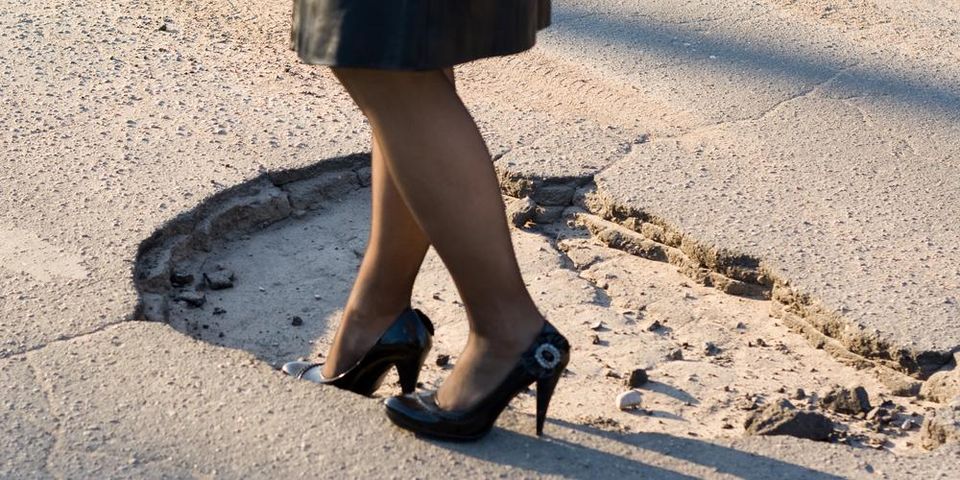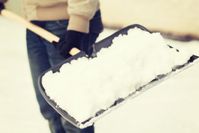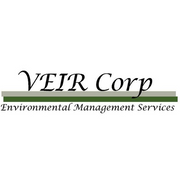
A concrete walkway can greatly improve curb appeal and accessibility for a home or business, but those benefits are quickly lost when large cracks form. As the pavement crack sealing team at Veir Corp in Sterling, AK, explains, there are a few hazards that are most likely to cause cracking and other damage in unsealed concrete.
3 Causes of Cracked Concrete, Revealed By Pavement Crack Sealing Experts
1. Weather
 Weather conditions often play a role in the formation of cracks in concrete surfaces. Places with extreme weather — such as the Kenai Peninsula — are especially vulnerable due to cold temperatures and wet, snowy winters. While pavement crack sealing can protect concrete surfaces from harsh weather, consistent maintenance is essential for concrete upkeep in these conditions.
Weather conditions often play a role in the formation of cracks in concrete surfaces. Places with extreme weather — such as the Kenai Peninsula — are especially vulnerable due to cold temperatures and wet, snowy winters. While pavement crack sealing can protect concrete surfaces from harsh weather, consistent maintenance is essential for concrete upkeep in these conditions.
2. Settling
Settling soil is another common reason why your concrete might crack. This often occurs when the soil underneath the concrete surface is poorly compacted, excessive water erosion takes place, or tree roots invade the area underneath. While proper soil preparation and property maintenance can help you avoid many of these problems, recurring environmental factors can cause settling to occur years after the concrete is poured.
3. Heavy Loads
Every concrete installation — be it a driveway or a sidewalk — is designed to support a certain load. While the average concrete driveway can handle the weight of a pickup truck, it will likely crack if too much weight is placed on it. Know your concrete surface’s limits, and don’t try to push it beyond what it can bear.
From asphalt patching to pavement crack sealing, the team at Veir Corp can help with surface maintenance and repair needs. With over 30 years in business, you can trust their team to always provide quality results. To learn more about their driveway repair services or request a free estimate, visit them online or call (907) 953-7208.
About the Business
Have a question? Ask the experts!
Send your question

